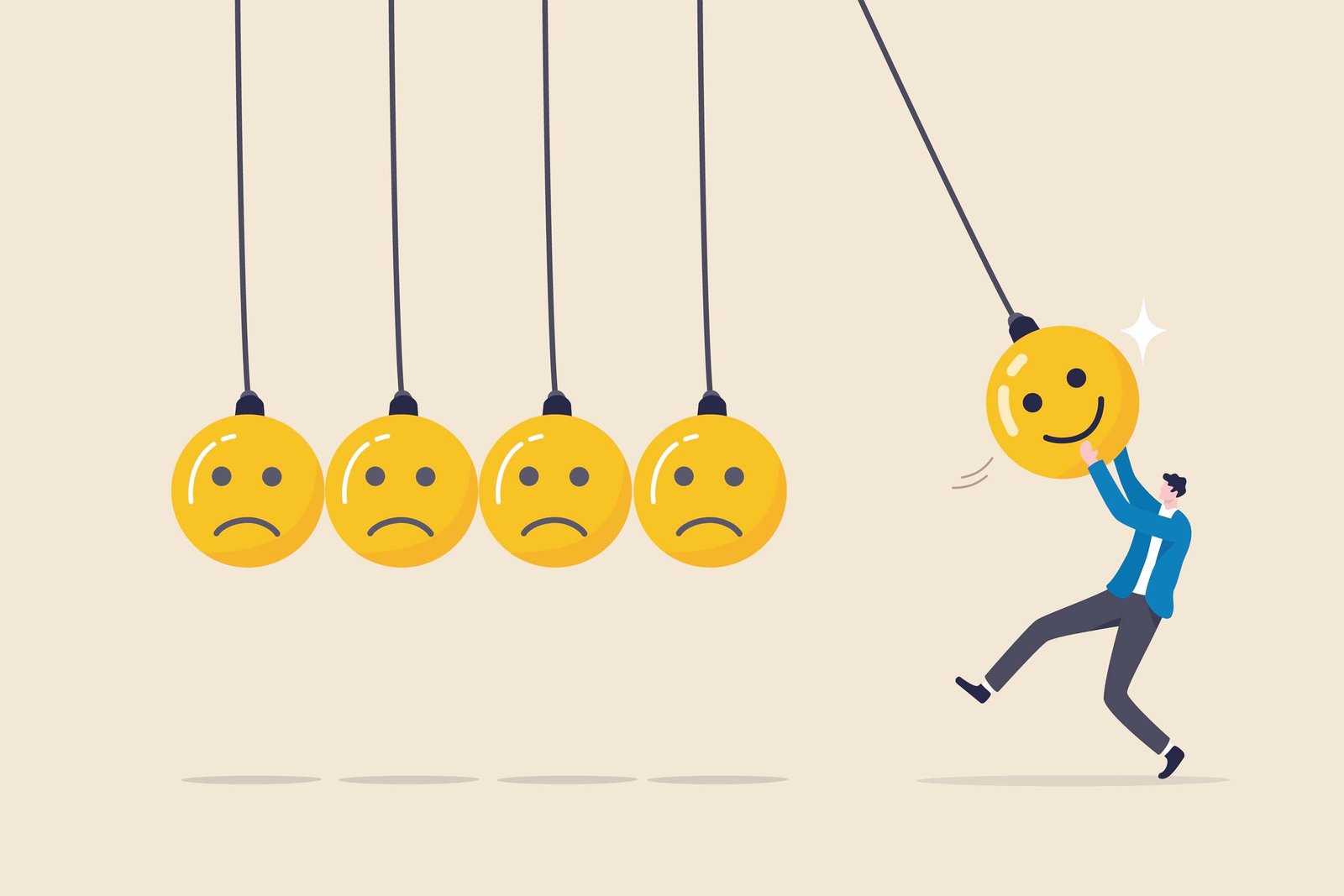By: Priyanka Saurabh
Today, there is a dire need for everyone to think about family values and family as an institution and at the same time find the reasons for the decline of these values and rectify them. For this, the leaders of the society, poets/writers/singers/heroes/ heroines/teacher classes, and other social workers, as well as politicians, should write and think about the implications of the decline of the family as an institution. It should be discussed in open forums what is the reason for this decline. And how to recover from this decline? Young poet Satyavan Saurabh has rightly written this situation saying in his own words that-
“Families are falling apart, the mood is changing! Expressing love from others, separation from loved ones!!
Is it a mistake of blood, or a cultured mistake?
Get attached to your thorns, and other flowers!
The family is an institution in itself in Indian society and a distinctive symbol of India’s collective culture since ancient times. The joint family system or an extended family has been an important feature of Indian culture until a mixture of urbanization and western influence began to shock that institution. The family is a basic and important social institution that has an important role to play in influencing individual as well as collective morality. The family nurtures and preserves cultural and social values.
It provides stability to society by encouraging law-abiding citizens. It helps in building collective consciousness in the individual. The family system is single, powerful strands that have been around for centuries, and enriched with diversity, reinforcing the social fabric. It is the major source of emotional connection in socialization, shaping socialization and morality in the way of right and wrong generates emotion. Children are seen as making moral decisions according to the “social conventions” of their parents, their peers, and their society. It strengthens individual character. It is the first source of habit-forming like discipline, respect, obedience, etc.
Along with moral strength, it also provides flexibility to the person’s family members, and relatives to rely on in difficult times without any hesitation. It avoids the use of unethical means to deal with difficulties. Family helps people to develop a feminine attitude towards worldly problems. But in the present era, we as an institution are facing the bitter experience of decline in the family.
“There is strife in every house, there is no love left now!
Discord dragged, every courtyard wall!!
Rar has sat in love and blessings!
In the garden of desires, full of jealousy!!
Today, as a symbol of decline, the family is getting fragmented, marital relations break up, enmity in your brotherhood and legal and social disputes have increased in all kinds of relationships. Today individualism has prevailed over collectivism. As a result, the material-oriented, competitive and highly aspirational generation is losing control of the so-called complex family structures. Just as individualism claimed rights and freedom of choice. It has forced generations to see a sense of achievement in life only from the perspective of material prosperity.
In the present situation, a provocative attitude is the main reason for the disintegration of families. Higher-income and less responsibility to other family members has divided extended families. The high divorce rate is undoubtedly swallowing up social relationships. The major reason for the breakdown of marriage is the technology black spot in single attitude, behaviour, and compromised values. The anti-social behaviour of the younger generation is destroying families fast. Most of today’s social work, such as child rearing, education, vocational training, elderly care, etc., is handled by outside agencies, such as crèches, media, nursery schools, hospitals, vocational training centers, hospice institutions, as contractors. Which were once the responsibility of the elders of the family.
“Big people don’t talk, little ones have rights!
Leaving the feet and touching the knees, how did this rite!!
Where is the thread of love now, where is the essence of the meeting?
The family became the enemy, strike secretly!!
The collapse of the family institution has created a hindrance in our emotional relationships. The unification bond in a family is the relationship by mutual affection and blood. A family is a closed unit that holds us together because of emotional ties. Moral degradation is a major factor in the family breakdown as they do not instill in children a sense of self-respect and respect for others. Today socio-economic cooperation and assistance have been wiped out due to the blind race for money. Families have become limited to the financial and material support needed for the growth and development of their members, especially infants and children, we day by day have somewhere to look after the elderly, including other dependents, in the face of the decline of the incompetent and impoverished family system. Hear and sees things when they need utmost care and love.
Today most people are facing the absence of meaningful life. One of the disadvantages of the collapse of the family system is the loss of the qualities of sharing, caring, empathy, cooperation, honesty, listening, welcoming, recognition, consideration, empathy, and understanding. Mental health issues such as low-stress tolerance, anxiety, and depression are on the rise in recent times. The family system can relieve a person mentally with the expression of deep insecurities from talking to elderly members, playing with children, etc. The decline in the family system can create cases of mental health issues for more individuals.
The decline of the family as an institution in the future will bring about structural changes in society. On the positive side, Indian society may see a reduction in population growth and feminization of the workforce as an effect of the decline in the family as an institution. However, there is a need to understand the structural changes from joint family to family, in some cases; it cannot be termed as the decline of the family system. Where the family system changes from joint family to nuclear family for some positive change. However, Indian society also inhabits the unique feature of family fusion and fragmentation in which some members of the family live as a family even though they live separately in different places.
“The family is saved then, there remains equanimity!
May all be with you in sorrow, Most of all in happiness!!
If someone does a third, Saurabh whenever he strikes!
Stay with the family, leave all the wrangling!!
The family is a very fluid social institution and is in a constant process of change. Modernity is witnessing the emergence of a large proportion of same-sex couples (LGBT relationships), cohabitation or live-in relationships, single-parent homes, living alone or divorced with their children. Such families are not required to function as traditional kinship groups and may not prove to be good institutions for socialization. In the materialistic age, the competition for each other’s comforts has scorched the relationships of the mind.
The high walls of houses going from kutcha to pucca have made the mutual conversation vanish. There is an orgy of strife in every courtyard with stones. Mutual differences have created deep differences. In the absence of good teachings from elders, they have started taking decisions and keeping small relationships at home. As a result, today the family members are bent on cutting their loved ones. On one hand, neighbours are licking pudding in happiness, and then they have to suffer alone. We have to think and understand that if we want to live a meaningful life, then we have to understand the importance of family and leave mutual disputes and stand with the family, only then we will be able to survive and this society will be worth living. (The author is a Research Scholar in Political Science, Poet, freelance journalist, and columnist)







